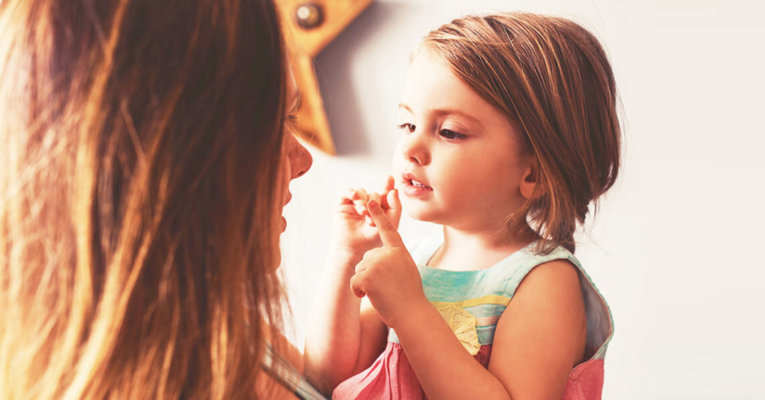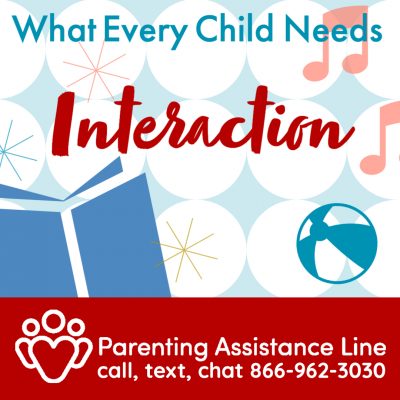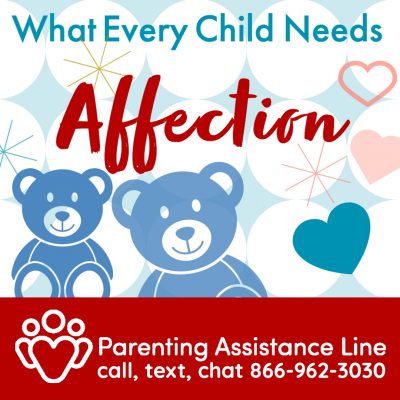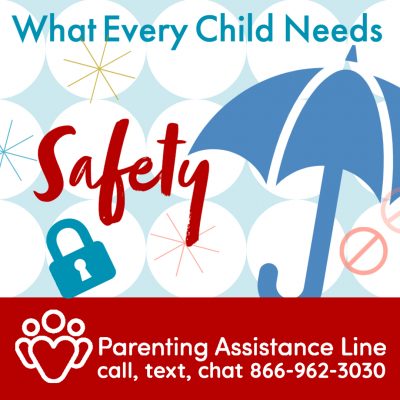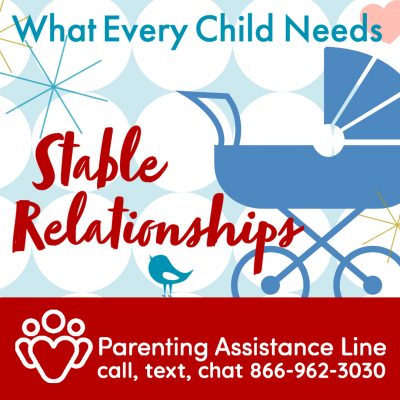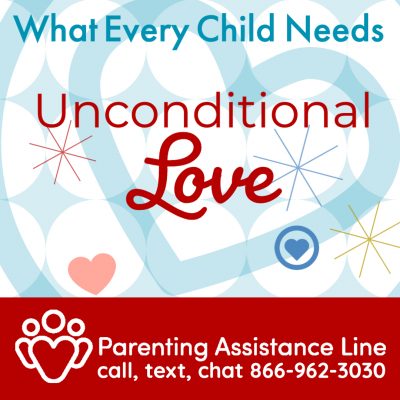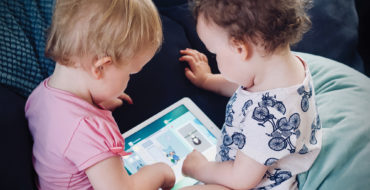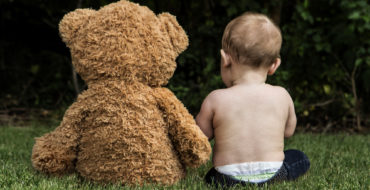The first three years of life are the most critical for overall healthy development. It is important for parents to start as soon as possible to build the foundation that will help their children reach their full potential. Following is a list of things every child needs to give them the very best start in life.
5 Things Every Child Needs:
Interaction:
A child’s brain grows based on early experiences at home. The more positive interactions a child has, the healthier his development will be.
- Respond quickly to your baby’s needs.
- Talk softly, sing and read to your baby.
- Engage in eye contact and involve yourself in your child’s play.
- Hold and cuddle your baby during feedings.
- Continue to be attentive to your child as he grows. Listen when he talks, ask questions, show interest in his world, and don’t forget to play!
Physical Affection:
Holding and cuddling does more than merely comfort children; it also helps their brains to grow. Without it, a child cannot thrive.
- Always touch your baby in a gentle and soft manner. If you are frustrated, put the baby down in a safe place until you calm down. NEVER shake or handle your child roughly.
- Give plenty of hugs and kisses.
- If your baby is very fussy or clingy, try using a sling or carrier to keep him close for calming.
A Safe Environment:
A safe and healthy home environment ensures proper development with minimal risk.
- Child-Proof your home by putting locks on the cabinets, safety plugs in the outlets, gates up at stairs, corner protectors on all sharp edges, move electrical cords out of reach, and secure all doors and windows with out-of-reach locks and knob covers.
- Alwaysuse an age-appropriate car seat.
- Be aware of lead poisoning found in old paint chips and unsafe toys.
- Keep all appointments with the pediatrician and dentist. Make sure your child is up-to-date on all immunizations.
- Feed your child a balanced nutritious diet. Go easy on snacks and high-fat foods.
- Teach healthy habits such as bathing, teeth brushing, hand washing, exercise and the importance of getting enough rest.
- Make sure your home is a place of peace and happiness. Do not expose your child to alcohol, tobacco smoke and drug use. Avoid anyone that could be of danger to your child. Loud arguments, music, and a chaotic environment are detrimental to healthy mental and emotional development.
Stable Relationships:
Providing children with a stable, loving relationship with at least one caregiver results in…
- Learning at a faster pace.
- Feeling better and more confident about themselves.
- Making friends more easily.
- A more predictable and secure life.
Unconditional Love:
Love, security and acceptance should be at the heart of family life.
- Assure your child they are loved even when they misbehave and make mistakes.
- Celebrate the fact that every child is unique from birth.
- Correct and criticize behavior; not your child. Say, “That behavior is unacceptable,” rather than “You are a bad boy.”
- Tell your child you are proud of him even when he fails. Praise effort and encourage a ‘try to do better next time’ attitude.
- Respect your child and teach him to respect himself and others.



